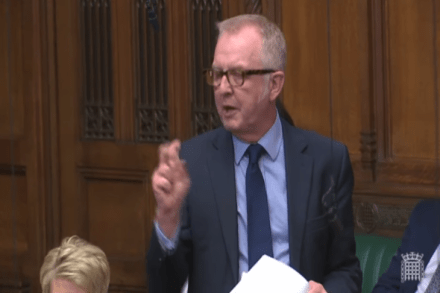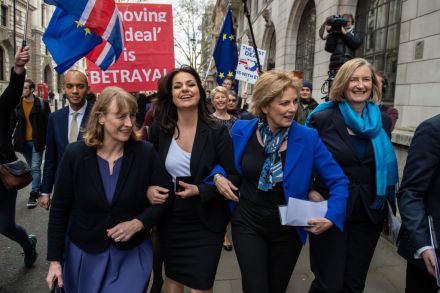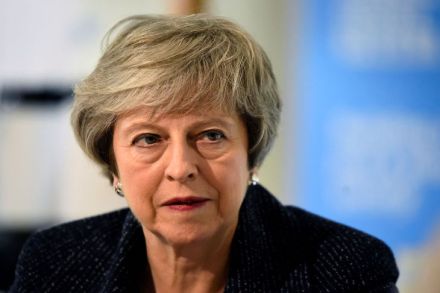Ian Austin’s refusal to join the Independent Group shows the party is Continuity Remain
Ian Austin has become the ninth MP to quit Labour, blaming the party’s culture of anti-Semitism. He tells the Express and Star: ‘The Labour Party has been my life, so this has been the hardest decision I have ever had to take, but I have to be honest and the truth is that I have become ashamed of the Labour Party under Jeremy Corbyn.’ He continues: ‘I am appalled at the offence and distress Jeremy Corbyn and the Labour Party have caused to Jewish people. It is terrible that a culture of extremism, anti-Semitism and intolerance is driving out good MPs and decent people who have committed their life to mainstream




















